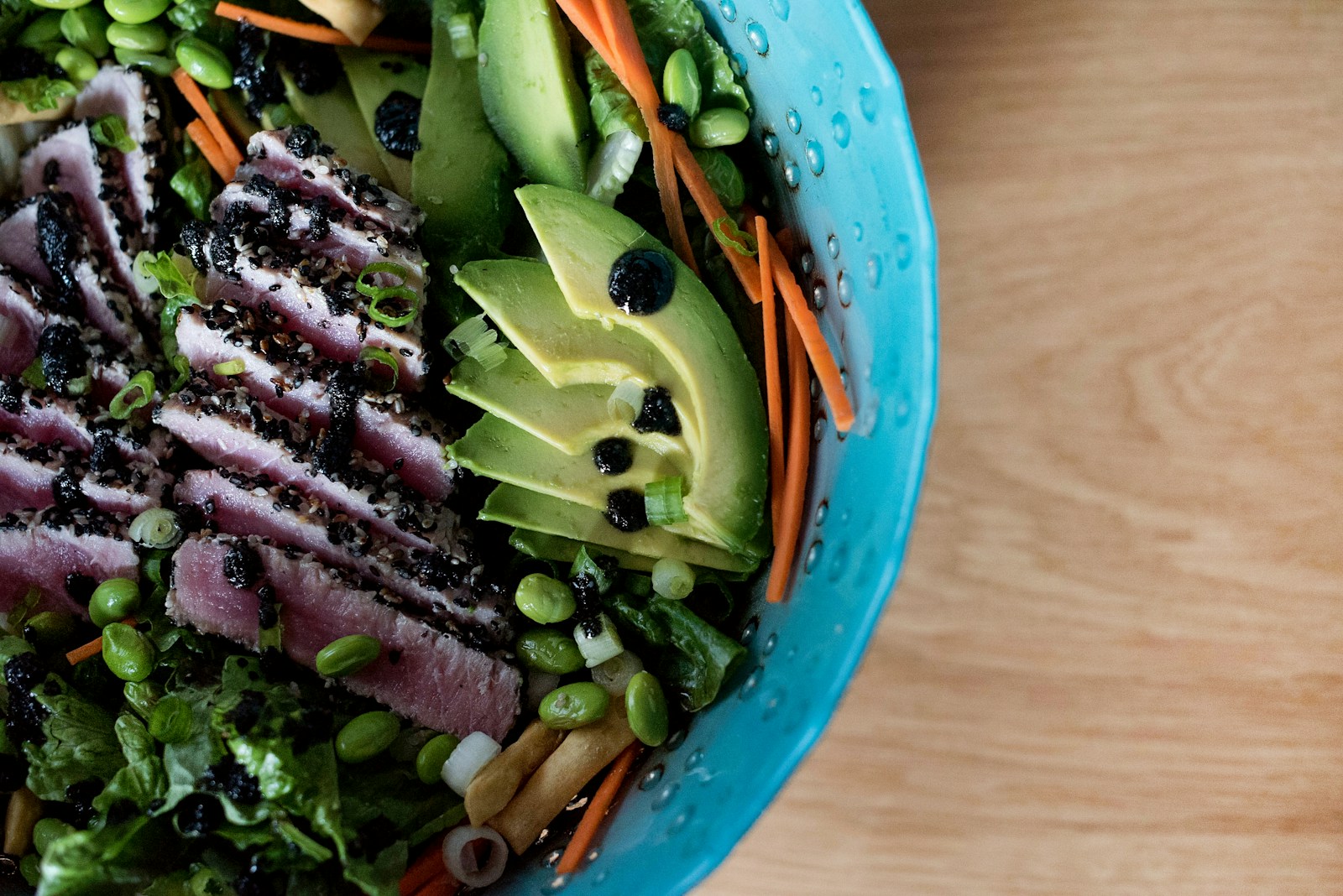What is Keto on a Budget?
The ketogenic diet, popularly known as “keto,” is a dietary regimen that focuses on high-fat, moderate-protein, and low-carb foods. It has become a widely adopted method for individuals looking to lose weight and improve their overall health. However, a common misconception about the keto diet is that it is inherently expensive, leaving many people wondering if it is possible to maintain this lifestyle on a budget. Keto on a budget is a pragmatic approach to this low-carb eating plan that prioritizes cost-effectiveness without compromising the essential principles of the diet.
How Keto on a Budget Works
Keto on a budget works by carefully selecting foods that align with the macronutrient ratios required for ketosis – the metabolic state in which the body burns fat for fuel instead of carbohydrates – while also considering the affordability and accessibility of these foods. It involves strategic planning, smart shopping, and sometimes, a touch of creativity.
How to Eat Low-Carb Without Breaking the Bank
Eating low-carb on a budget is entirely feasible with the right strategies. Here’s how to maintain a keto diet without the hefty price tag:
Buy in Bulk
Purchasing items in bulk can significantly reduce the cost per serving. Focus on keto-friendly staples like nuts, seeds, and certain fats like coconut oil or olive oil. Bulk buying also applies to meat; consider larger cuts that you can portion and freeze for later use.
Choose Less Expensive Cuts of Meat
While the keto diet emphasizes high-fat meats, you don’t have to opt for premium cuts. Less expensive options like chicken thighs, ground beef, and pork loin can be just as satisfying and are often sold at lower prices than their fancier counterparts.
Embrace Eggs
Eggs are an inexpensive and versatile protein source that are perfect for the keto diet. They can be prepared in various ways, providing a budget-friendly option for any meal.
Seasonal and Frozen Vegetables
Fresh produce can be pricey, especially if it’s out of season. Opt for seasonal vegetables to get the best deals, or purchase frozen varieties which are often cheaper and last longer. They are picked and frozen at peak ripeness, retaining their nutritional value.
Plan Your Meals
Meal planning is crucial for staying on budget. Knowing exactly what you need prevents impulse buys and reduces food waste. Prepare a weekly menu and shopping list, and stick to it.
Avoid Specialty “Keto” Products
Many marketed “keto-friendly” products come with a high price tag. You can often create your own versions at home for a fraction of the cost with basic ingredients.
How a Keto Diet Can Break the Bank
Without careful planning, a keto diet can indeed become quite expensive. Premium meats, high-end dairy products, exotic low-carb substitutes, and specialty snacks can quickly add up. Additionally, relying on eating out or purchasing pre-made keto meals can drain your wallet.
Tips to Save Money on Keto
Use Coupons and Shop Sales
Take advantage of coupons, in-store promotions, and sales. Many grocery stores offer discounts on meat and produce that are approaching their sell-by date, which you can then freeze.
Cook at Home
Cooking meals at home is typically more cost-effective than dining out. It also gives you complete control over the ingredients, ensuring they are keto-compliant and budget-friendly.
Repurpose Leftovers
Get creative with leftovers by transforming them into new meals. This not only saves money but also adds variety to your diet.
Grow Your Own
If possible, grow your own herbs and vegetables. A small garden or a few pots on a windowsill can yield a surprising amount of fresh produce.
Buy Generic
Store brands often offer the same quality as name brands for a lower price. Don’t shy away from these alternatives when shopping for keto staples.
Keto on a Budget Conclusions
Eating keto on a budget is not only doable but can also be quite enjoyable. It encourages mindfulness about food purchases and consumption, which can benefit both your wallet and your waistline. By incorporating these strategies, you can stick to your low-carb diet without feeling financial strain. Remember, the key to successful budget keto eating is planning, flexibility, and a willingness to be resourceful. With these tips, you can maintain your keto lifestyle and your financial health simultaneously, proving that a diet can be both low in carbohydrates and in cost.






